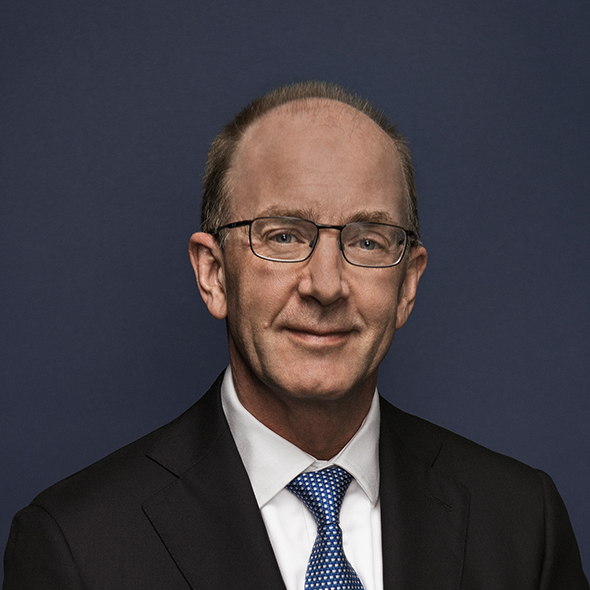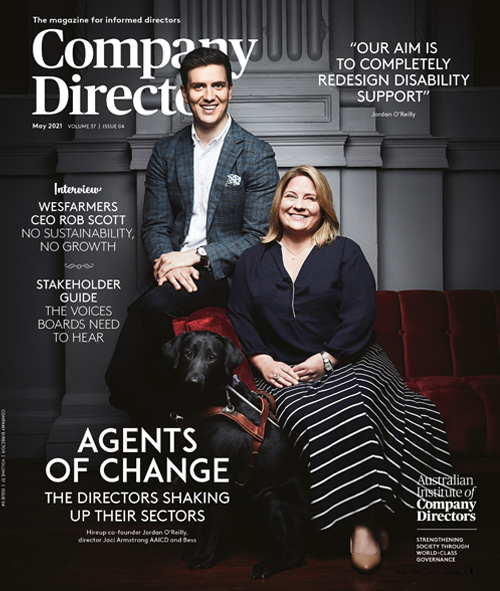Australia has had a necessary and overdue conversation about sexual harassment, sexual assault and women’s safety.
Australia has had a necessary and overdue conversation about sexual harassment, sexual assault and women’s safety. Powerful testimony and advocacy by women such as Grace Tame and Brittany Higgins have drawn attention to failures across society to support and listen to victims.
The focus of much public commentary has been on the Australian parliament and how to make that workplace, which should set an example for others, safe and more inclusive of women. However, leaders across every sector will be thinking about steps their organisations need to take on these issues. Government action to strengthen workplace laws relating to sexual harassment will provide further impetus.
All employees should have a basic expectation that their workplace will be free from sexual harassment. If we fail in that expectation, systemic change needs to be driven from the top. The Australian Human Rights Commission 2020 Respect@Work report into workplace sexual harassment noted the critical governance role for boards, while the Champions of Change Coalition report, Disrupting the System: Preventing and responding to sexual harassment in the workplace, highlighted the need for this to be a leadership priority. “At its core, sexual harassment is a misuse of power. It is therefore an issue of leadership and values at the heart of the organisation,” the Champions of Change report states.
In the AICD Governance Snapshot on the board’s role in preventing workplace sexual harassment, released in March, we noted the impact that directors taking a leadership role has had in lifting WHS practices. Similarly, preventing sexual harassment should be a priority for all boards. A systemic problem calls for systemic change. As highlighted by the Respect@Work report, too often organisations prioritise corporate reputation, legal and financial liability rather than looking after employees — and they respond to reports of workplace sexual harassment through a narrow, legalistic lens. Directors must work to create more empathetic organisations, placing the wishes, safety and wellbeing of any person allegedly subjected to harassment at the centre of an organisation’s response.
The AICD is developing resources to help directors drive change, including our governance snapshot and a Director Tool, published in April. Our webinar with Sex Discrimination Commissioner Kate Jenkins GAICD on the Respect@Work report is also available on the AICD website.
The governance snapshot sets out a framework that follows these principles:
- Leadership and culture:directors have a critical role to play modelling desired behaviours and inculcating ethical values from the top.
- Risk management:directors have due diligence obligations under WHS laws to proactively identify and eliminate the risks of sexual harassment occurring in the workplace.
- Reporting to the board:in line with reporting on other non-financial risks, directors should set clear expectations to ensure management is providing de-identified data on complaints or incidents of sexual harassment in the workplace periodically.
- Accountability:directors should adopt a zero tolerance approach to sexual harassment in the workplace. Zero tolerance does not mean organisations should respond to every incident in the same way. Rather, that sexual harassment should be taken seriously by the board and organisation, and there will be actions and consequences that are appropriate and proportionate to any misconduct and behaviour.
We should also recognise comprehensive, lasting change starts with more diverse, inclusive leadership. But more female representation in leadership won’t by itself lead to change. A key lesson from the national conversation is that female voices must be heard.
An organisation’s stakeholders expect a diverse range of perspectives to be aired in the boardroom. While a board can never perfectly reflect the community in its composition, promoting and appointing more women is a signal that an organisation is committed to good governance generally. We have made progress in board representation at our largest companies. A third of all board positions at ASX 200 companies are now held by women and women have made up nearly half of all board appointments since the start of the year. But more work needs to be done to continue this shift and ensure it also occurs at smaller organisations.
While more diverse boardrooms are crucial, it is not the responsibility of women alone to create change. As the Sex Discrimination Commissioner said, “Sexual harassment is not a women’s issue, it is a societal issue, which every Australian and every Australian workplace can contribute to addressing”. Directors must listen and act.
Latest news
Already a member?
Login to view this content



